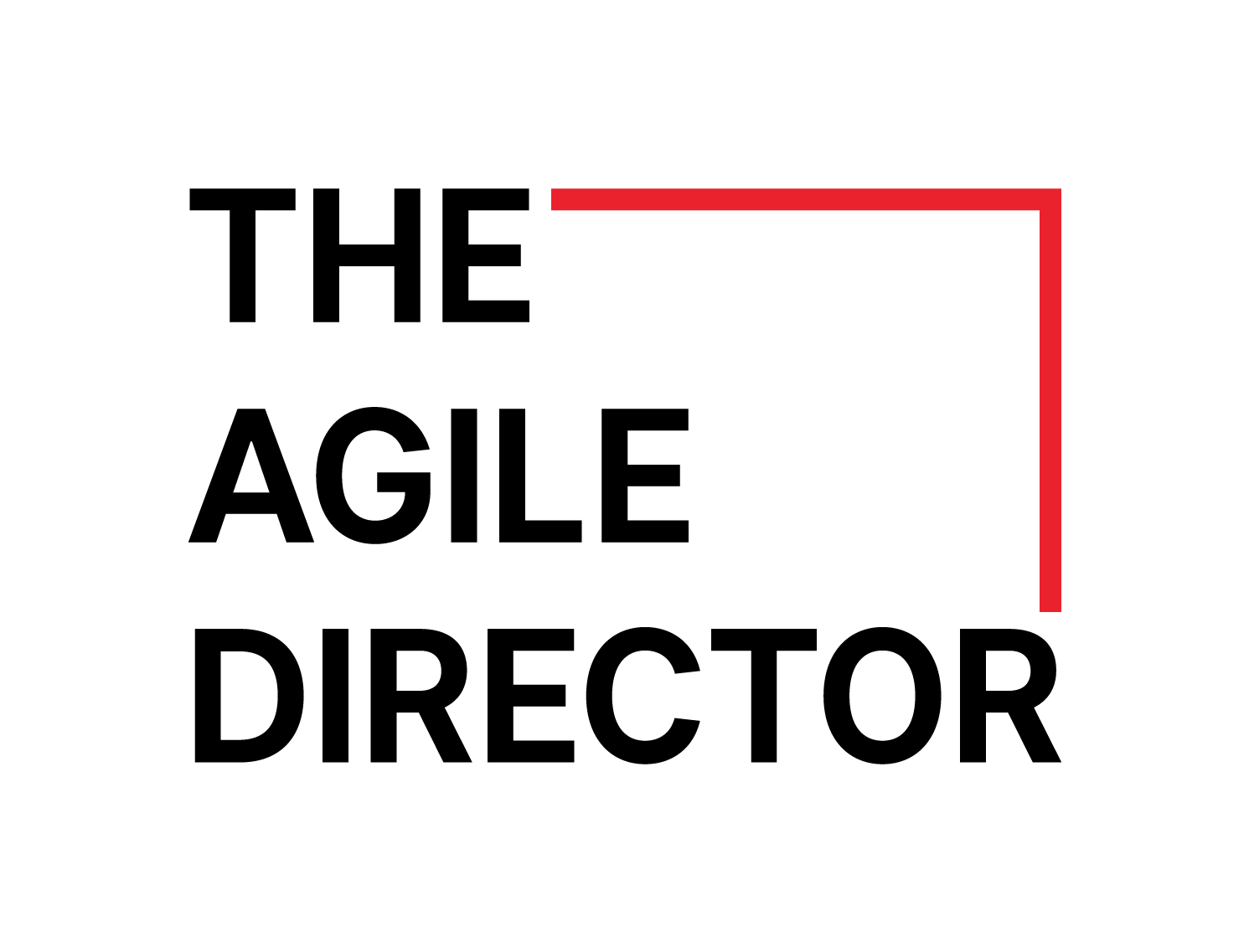
Inspired by Larry Fink of Blackrock? A simple approach for aspiring directors who want to balance prosperity with a positive contribution to society.
A seat on ‘the board’ can be a wonderful career aspiration for high performing executives. It can bring profile and rewards befitting years of hard work. But with today’s growing regulatory requirements, a more networked society and increasing ESG (environment, society, governance) expectations, a new way of thinking about the key director duties and responsibilities is needed.
A position of trust
Traditionally it’s been accepted that for a director, the interests of the company must always come first. But what if the best interests of the company were at odds with stakeholder and societal expectations?
In 2018, investment firm BlackRock’s CEO Larry Fink started a global trend by stating to other CEOs in the US that to “prosper over time, every company must not only deliver financial performance, but also show how it makes a positive contribution to society.”
Fink’s statement resonated, with more business leaders coming to believe that their business’ long term viability is linked to its role in society.
At GGI we are tracking the trend where directors are expected to act in the best interests of a company, where best interests are redefined to require that honest and informed consideration be given to environment, community and shareholder interests.
This signifies a turning point in governance thinking. Simon Arcus, Head of Governance at GGI puts it this way.
“It’s no longer enough to perform well financially for shareholders. Investors don’t want financial returns at any costs and are increasingly likely to veer away from companies whose values do not align with their own.”
Based on this updated view, GGI suggests that If you are new to governance, a great starting point might be to explore responsibility and risk mitigation for directors through the Four Ps:
Professional conduct – directors must act for the good of the company and stakeholders, never for themselves. They must avoid conflicts of interest, never use privileged information for personal gain including insider trading, and never divulge company information before or after their directorship has ended.
Performance – it is a director’s responsibility to be fully informed. They must ensure the company is meeting its strategic and compliance expectations but also ensure that the management of the company is performing well, making sound decisions and leading the business in a way that will deliver the best outcomes for the company and its stakeholders. Critically, directors are expected to delve deep, ask questions and be well across any issues – ignorance of available information does not reduce director liability.
Playing field – increasingly, directors must know not just the company they are governing, but the field it is playing on. Directors therefore need to know their shareholders’ priorities, industry trends, environmental drivers, the regulatory environment and follow with interest relevant advocacy groups. A lucrative financial decision has been the undoing of many directors who have been found lacking in their consideration of environment and community interest.
Purpose – this is where it all comes together. What are you here for? Every business was established for a specific purpose but that might have changed over the years. It’s important that your purpose considers, authentically and honestly, changing societal expectations if your business is to thrive in the future.
Navigating directorship in a complex, changing world
“Duties and obligations of directors have a unique quality,” said Arcus. “Some duties – such as loyalty and confidentiality – are enduring and long established. Others, such as cybersecurity, need new thinking to respond to technological change, societal trends and understanding the potential impact of stakeholder sentiment. Cybersecurity wasn’t even on the board agenda a decade ago. Now, many would argue it’s becoming a critical capability. In many situations it would be a failure of your duty to not consider it.”
“Crucial to the success of any director is being aware of your role, your organisation and – increasingly in today’s complex environment – your purpose.
The Four Ps are an easy way to begin exploring the duties and responsibilities of directors. Whether you decide to pursue a board career or not, they can help you to understand the scope of a director’s duties.”
If you’re new to governance, why not complete our complimentary module Governance and You. Or, to find out more about GGI’s full suite of corporate governance courses for executives, directors and boards, see the course outlines here.
GGI’s Purpose: “To ensure every business, regardless of size or financial ability, has access to leading corporate governance resources to support and enhance their performance.
| Media enquiries:
Janine Sherringham
|
Customer enquiries:
GGI Head Office
|


